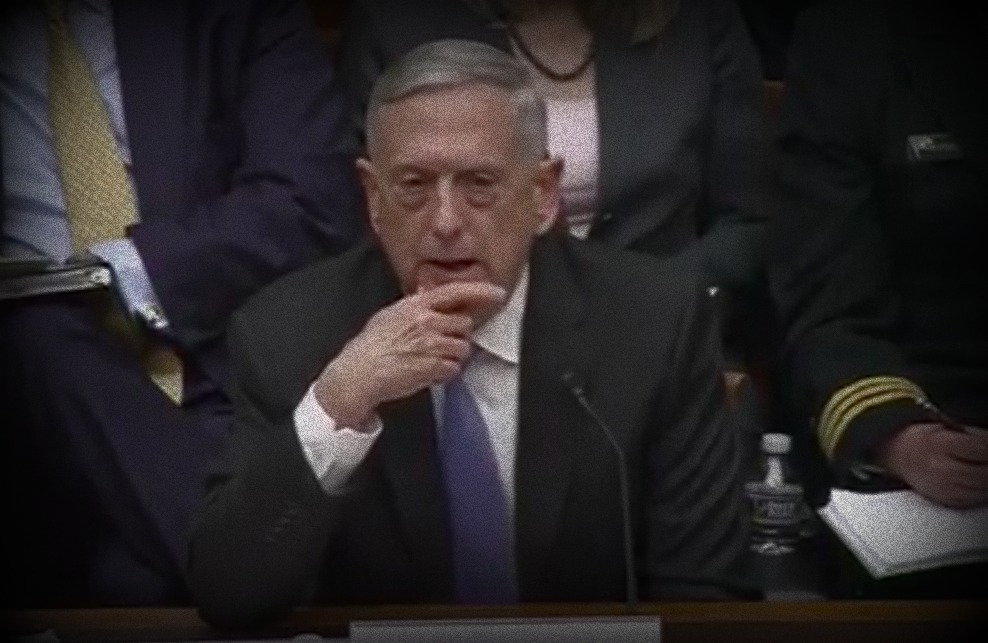The head of the Pentagon was called before Congress to defend the administration’s nuclear policies and plans to develop new weapons capabilities.
Lawmakers on the House Armed Services Committee are skeptical of Defense Secretary James Mattis’ initiative to build new lower-yield nuclear weapons capable of being launched from submarines. The details of which were contained in the administration’s Nuclear Posture Review, released last week.
Secretary Mattis on Tuesday spun some game theory to the committee in an attempt to justify the expenditure.
“It’s to make certain that no one thinks they can use a low yield weapon and put us in a position where we can only respond with a high yield weapon, with the supposition that maybe we would not,” the defense chief said, specifically referring to Russia.
He then quoted former Secretary of State Henry Kissinger, who spoke to Congress about similar matter last month.
“We don’t want someone else to miscalculate and think that because they’re going to use a low-yield weapon that somehow we should confront what Dr. Kissinger called ‘surrender or suicide,’” Mattis added.
However the Defense Secretary then admitted under questioning that, practically speaking, there’s no difference between a low-yield and a high-yield nuke.
“A nuclear weapon is a nuclear weapon,” Rep. Susan Davis (D-Calif.) noted. “No matter what the size may be, it would still signal that we would be using a nuclear weapon.”
“I would agree,” Mattis responded. “I don’t think there is any such thing as a tactical nuclear weapon. Any nuclear weapon used anytime is a strategic game changer.”
Mattis is carrying forward a modernization plan approved during the Obama administration that’s estimated to cost as much as $1.2 trillion over the next 30 years.
He explained to the panel that the US military can only discharge low-yield nuclear arms from an airplane in the form of a “gravity bomb,” which would need to penetrate enemy defenses—hence the need to invest in retrofitting submarine-launched missiles with low-yield warheads, too.
The committee’s ranking member Rep. Adam Smith (D-Wash.) suggested that instead of spending billions of dollars building new weapons in response to hypotheticals, US diplomats should just pick up a phone.
“Deterrence is also your diplomatic stance,” Smith said, stressing the importance of “dialogue.” The lawmaker added that he was “very concerned” about the lack of discussion on the issues with Russia and China.







